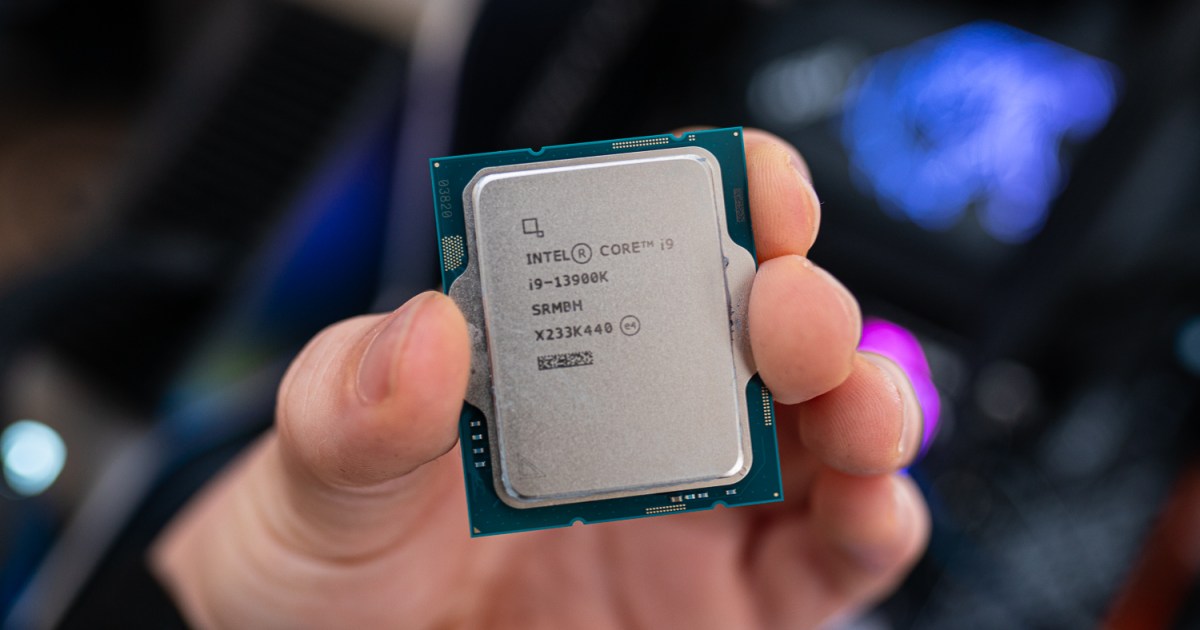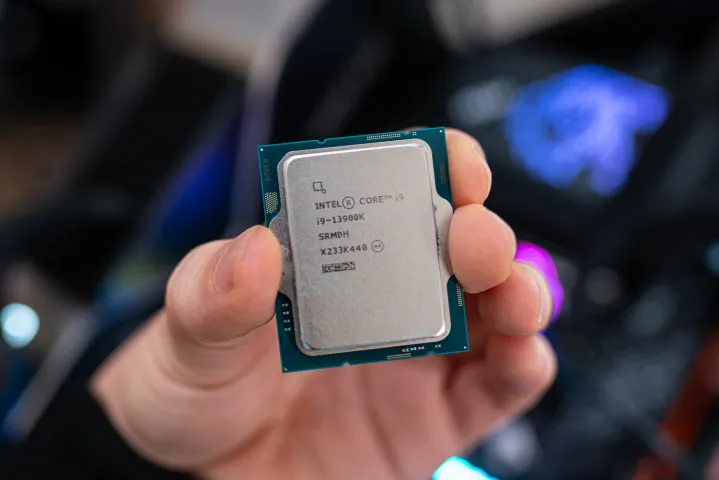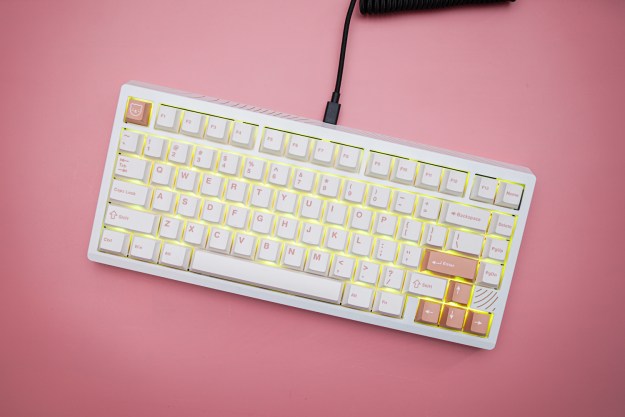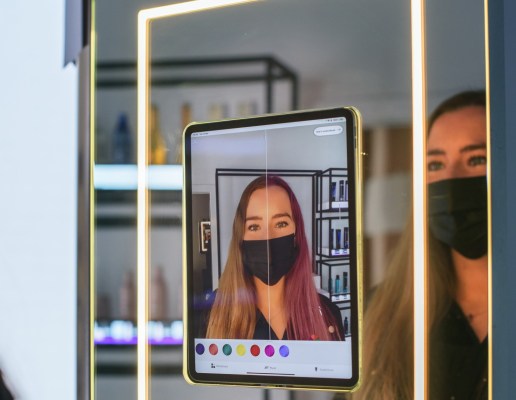Gamers are reportedly returning Intel Core i9 CPUs in droves
An increasing number of customers are reporting issues with Intel's latest Core i9 CPUs, and the company is finally looking into the problem.

 Jacob Roach / Digital Trends
Jacob Roach / Digital TrendsIntel’s recent Core i9 CPUs are facing some dire issues, at least according to a new report from ZDNet Korea. In speaking with the outlet, an anonymous source in Korea responsible for customer service on Intel CPUs says that customers are returning more than 10 of Intel’s 13th-gen and 14th-gen Core i9 CPUs daily, largely hailed as some of the best gaming processors you can buy.
The problem centers around Tekken 8, at least in Korea. According to the report, gamers using a CPU like the Core i9-13900K or Core i9-14900K will face an error message saying “not enough video memory” when launching the game, forcing it to close. This is even when the PC has plenty of video memory to run the game.
This isn’t a new problem. In February, hardware editor of Wccftech Hassan Mujtaba reported constant game crashes with the Core i9-13900K and RTX 4090. Recent customer reviews of the Core i9-14900K raise similar problems, with buyers citing crashes in games after a few months of owning the CPU.
So I was randomly checking out customer reviews of Intel i9-14900K/KF CPUs and wow looks like a lot of people have either received faulty chips, or their chips are degrading at an alarming rate. This is really not good… pic.twitter.com/RJ0hSu3nA9
— Sebastian Castellanos (@Sebasti66855537) April 6, 2024
Although we’ve seen customer reports, Intel itself hasn’t acknowledged the problem until now. That’s changing. In speaking with ZDNet Korea, an Intel representative said, “Intel is aware of problems that occur when executing certain tasks on 13th and 14th generation Core processors for desktop PCs, and it is analyzing them with major affiliates.”
The problems seem to focus on Unreal Engine games, with reports of issues in Hogwarts Legacy, Lies of P, and The Callisto Protocol, to name a few. In most cases, the game will report an error that it’s out of video memory before crashing. In the worst cases, the crash will cause a Blue Screen of Death (BSOD) on Windows, forcing your PC to restart.
For my part, I’ve been running a Core i9-13900K in my main gaming PC for more than a year, and I’ve experienced strange crashes and BSODs in games like Fortnite, Returnal, and Lies of P. Although I don’t want to pin the blame on the CPU, in each case, nothing overt caused the crash — it happens randomly, even with the latest graphics drivers.
Mujtaba recommends users explore downclocking or undervolting these CPUs if they’re running into issues. According to the editor, this will improve stability. Reports suggest the issues stem from pushed power limits with Intel’s most powerful CPUs, resulting in system instability even if you don’t dabble in CPU overclocking.
Editors' Recommendations
Intel’s new CPU feature boosted my performance by 26% — but it still needs work 4 CPUs you should buy instead of the AMD Ryzen 7 5800X3D Intel’s next-gen GPU might be right around the corner Nice try, Intel, but AMD 3D V-Cache chips still win AMD vs. Intel: the rivalry has never been more fierceJacob Roach is a writer covering computing and gaming at Digital Trends. After realizing Crysis wouldn't run on a laptop, he…
This is the best gaming keyboard I’ve ever used — and you’ve never heard of it
I've covered a lot of gaming keyboards over the past couple of years. In most cases, they're standout offerings from mainstream brands like Asus, HyperX, and Corsair. And in most cases, these companies bring some premium, enthusiast-level features to products you could find in your local Best Buy. The Meletrix Boog75 isn't in the same class.
This keyboard has enthusiast blood running through its veins. It doesn't come with dense RGB software, endless connection modes, or dedicated keys for media and macros. But it's the best damn keyboard I've used by a mile, both for typing and gaming, and it's cheap enough that it can go toe-to-toe with more mainstream offerings.
The Hall Effect
I turned my Steam Deck into the ultimate cross-platform gaming machine
I've been playing a lot of Final Fantasy VII Rebirth, which, as a self-proclaimed PC gaming snob, would have presented a problem for me in the past. After all, a console exclusive like Rebirth just doesn't fit into my typical pattern of gaming, which oscillates between desktop at home and Steam Deck on the go.
But I've found a solution, opening up the world of third-party apps and breaking the mold for the Steam Deck. It's allowed me to game far beyond my Steam library, revealing the immense versatility that is latent in the Steam Deck's design.
Streaming your PS5
I couldn’t live without this underrated monitor feature
It's easy to get fixated on image quality when looking for a new monitor, but one feature has flown under the radar for far too long. Over the past several years, we've seen an increasing number of monitors include a KVM switch, and it's a game changer for using your display with multiple devices.
It's one of those features that's easy to look past, as it gets jumbled in the middle of a list of obligatory features that you'll find on numerous displays. Don't discount a KVM, though. Next time you pick up a new monitor, make sure it includes a KVM switch.
What exactly is a KVM?

 JimMin
JimMin 




































